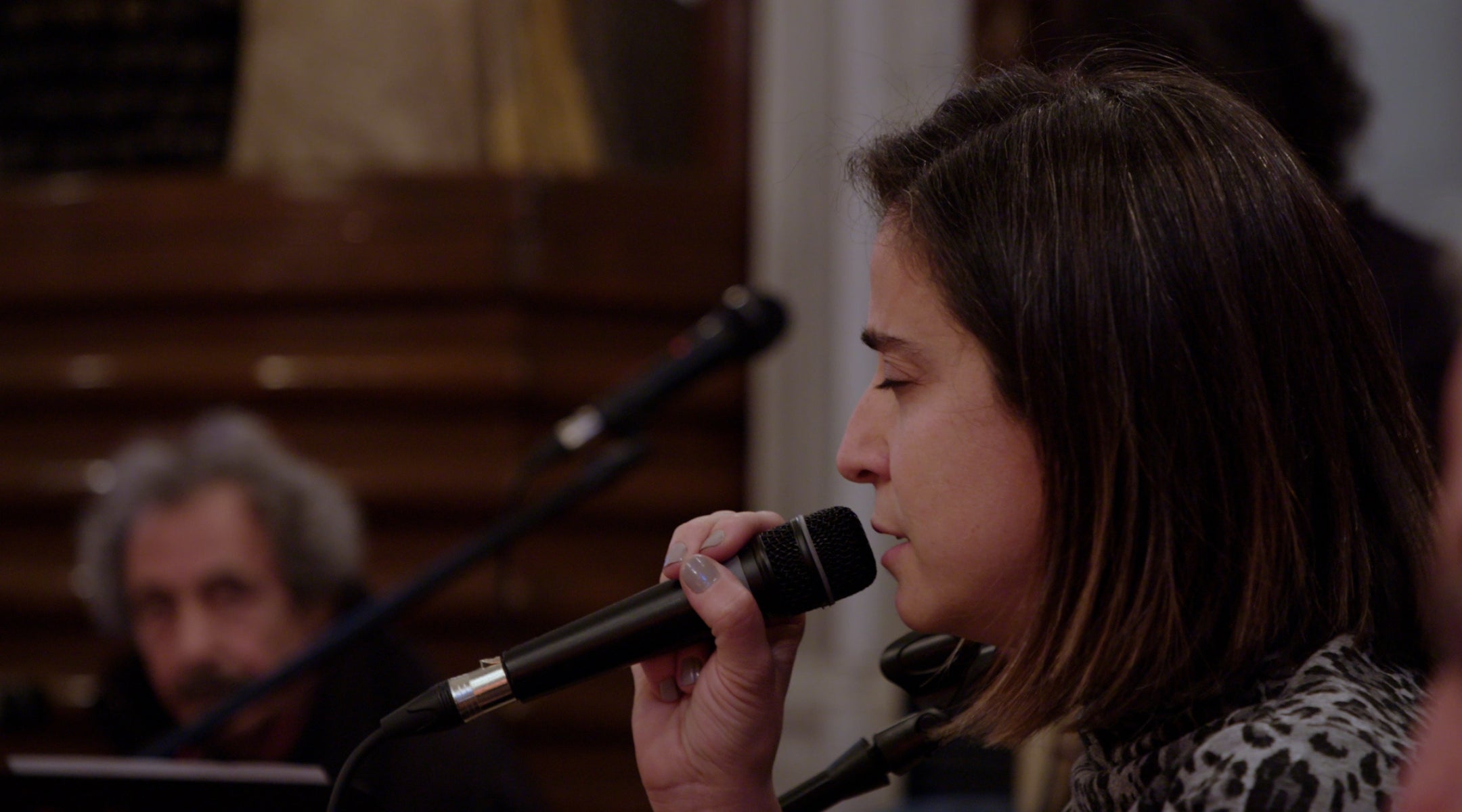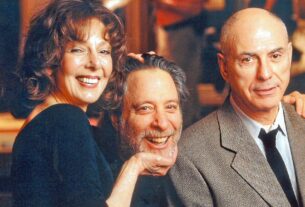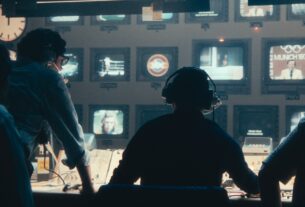New York City’s first-ever month-long festival celebrating Sephardic Jewish cultural achievements opens on Thursday.
New York’s Festival Sefarad — which is inspired by the Festival Séfarad de Montréal, which celebrated its 45th anniversary last month — will include robust programming with more than 40 events, including Shabbat dinners, book talks, tours, workshops, films and concerts.
“New York City is home to one of the most diverse and dynamic Jewish communities in the world,” the American Sephardi Federation, one of the lead organizers of the festival, said in a statement. “After the atrocities of October 7, the need for creating communal, intellectual, and cultural connections that bring all Jews together has never been greater.”
At the heart of the Festival Sefarad is the 27th annual New York Jewish Sephardic Film Festival — one of three NYC film festivals that are screening films of Jewish interest this month. Among the highlights of the festival is the New York premiere of “Matchmaking 2,” a romantic comedy set against the backdrop of cultural tensions between the Ashkenazi and Sephardi communities. The festival also includes the United States premiere of “The Last Righteous Man,” a documentary about the Sephardic mystical figure Baba Sali, and a screening of “Yael Naïm: A New Soul,” a documentary about the French-Israeli singer who rose to fame after her song “New Soul” was featured in an Apple ad.
But film screenings are just the beginning. Other Festival Sefarad highlights include a lecture about the “soul of objects” by artist Ghiora Aharoni, whose work is in the collections at The Metropolitan Museum of Art; a Juneteenth blues and jazz concert at Tribeca Synagogue celebrating Black and Sephardic influence on American music, and a tour of “Sacred Words,” the new exhibit at the Jewish Theological Seminary that spotlights the oldest Hebrew book ever discovered.
Of course, what is a Jewish cultural festival without food? Throughout the month, there will be plenty of Shabbat meals, including dinners for young Jewish professionals, the LGBTQ+ community, and the Persian community, as well as and meals for the general public, made by Hélène Jawhara Piñer, a French-Spanish chef and historian and the author of “Jews, Food, and Spain.”
“We have everyone involved in this festival, from the Afghans to the Greeks, Persians, Syrians — all the different what we call greater Sephardic communities,” Jason Guberman, executive director of the American Sephardi Federation told the New York Jewish Week.
Sephardic Jews are descendants of Jews who hail from the Iberian Peninsula. In 1492, when the Jews were expelled from Spain, many underwent forced conversion, were murdered by royal inquisitors, or fled. Many Jews who left settled in neighboring Middle Eastern or European nations, and adopted and created unique cultural customs.
In 1654, a group of 23 Sephardic Jews arrived in New York City and established the first Jewish community in what was then called New Amsterdam. In 2024, the Sephardic community’s arrival in New York was officially commemorated by the City Council as “Landing Day”.
New York’s most famous Sephardic Jew is poet and writer Emma Lazarus, whose ancestors were among the initial group of 23 Jews. Lazarus’ poem, “The New Colossus” — “give me your tired, your poor, your huddled masses yearning to breathe free” — is inscribed on the pedestal of the Statue of Liberty, and for decades welcomed immigrants who arrived to the United States at Ellis Island by ship.
The Festival Sefarad runs from June 5 to June 29, and is organized by the American Sephardi Federation and UJA-Federation, and sponsored by dozens of local New York community partners. Click here for more details.
Jewish stories matter, and so does your support.



